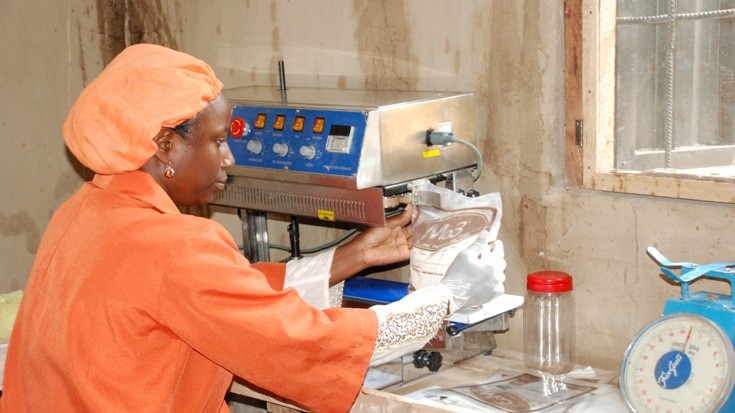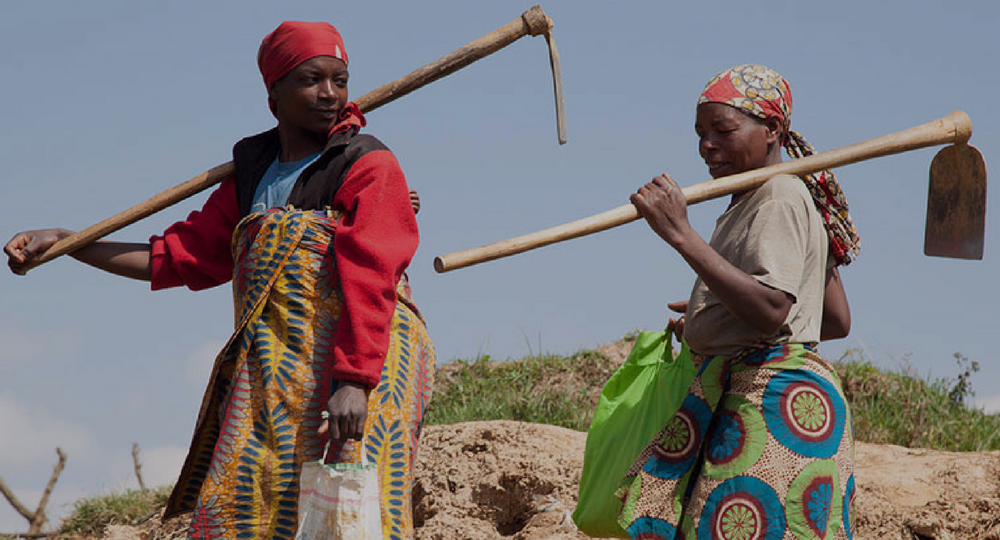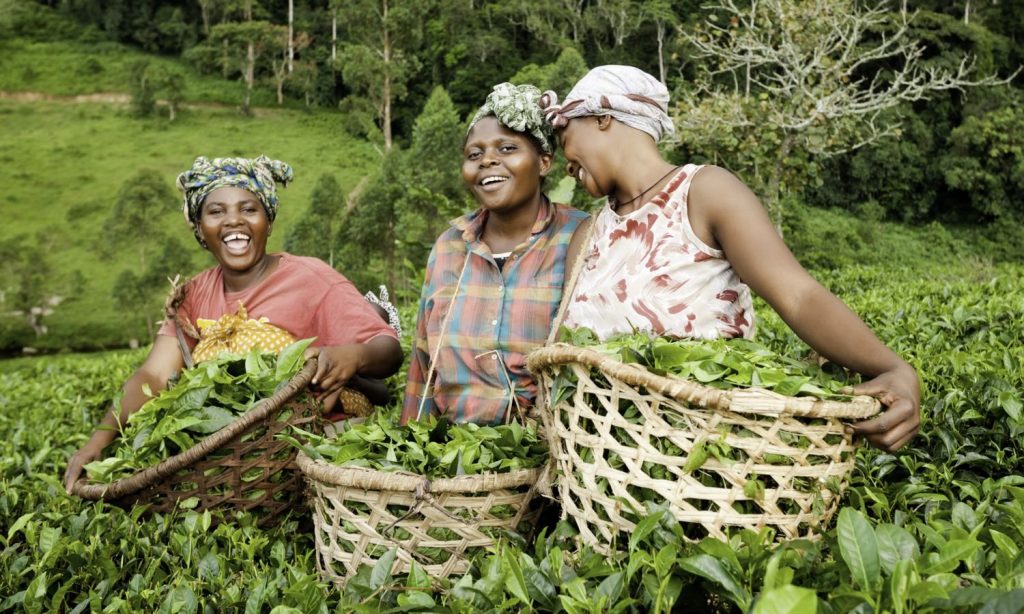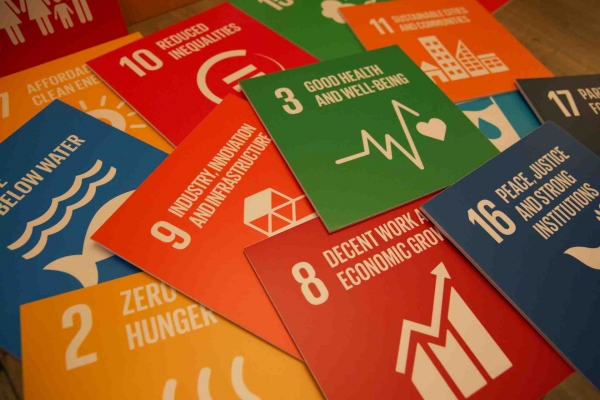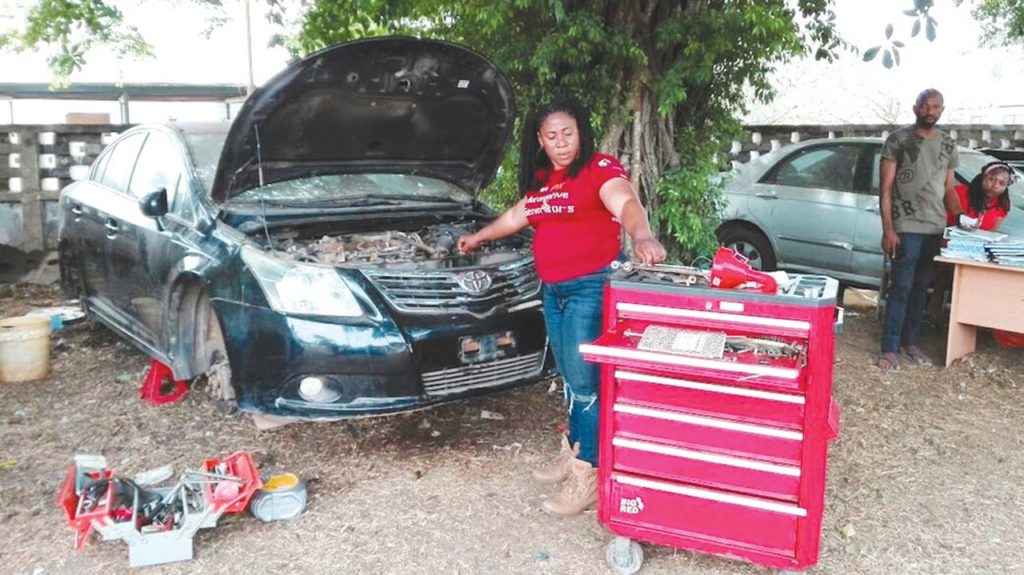In recent times, the emergence of female-owned small businesses around the world have exceeded its record of the past, this is largely dependent on the fact that each day, women develop unique ideas and business strategies towards improving their lives and participating in the global economic development. Research has shown that female-owned small and medium-sized enterprises (SMEs) make up to 30 percent to 37 percent of all SMEs (8 million to 10 million women-owned firms) in the emerging markets. This result does not exclude the rural women in developing countries. However, these women and their businesses are faced with a general challenge which has to do with finance. Due to several issues ranging from collateral, trust, and so on, women entrepreneurs face difficulties in obtaining bank credit compared to men. This limitation has crippled the general access to finance majorly for the women entrepreneurs in rural areas. In India, several…
Agribusiness and the African Woman
The Challenges Faced by African Women Farmers Nwankwo Miracle Ngozi Africa’s agricultural sector is experiencing a drastic change following the influx of women in the sector. Women across the continent are contributing immensely to influence crucial roles in shaping the growth of African agriculture. There is no doubt that women in Africa are key contributors to economic growth and global food security. Despite the limited access to land, inputs, assets, markets, information, and knowledge, time, decision-making, authority and income, African women are still making waves in the agribusiness. The likes of Mme Elisabeth Atangana; a farmer by profession, has been making strides in Africa’s agricultural sector. She has been referred to as the voice of women farmers, she is also the first President of the Platform of the Pan-African Farmers Organization (PAFO) and was appointed as Special Ambassador for Cooperatives by FAO on 29 May 2012. Women’s input in…
IISD Investigates How Sustainability Standards, Investment Frameworks Improve Situation of Women in Agriculture
The International Institute for Sustainable Development (IISD) released a policy brief exploring how global standards and guidelines contribute to gender equality and women’s empowerment in agriculture. The brief, ‘How to Improve Gender Equality in Agriculture,’ explains how using voluntary sustainability standards (VSSs) and responsible investment frameworks (RIFs) enable monitoring on investment projects addressing gender inequalities. In May 2017, the International Institute for Sustainable Development (IISD) released a policy brief exploring how global standards and guidelines contribute to gender equality and women’s empowerment in agriculture. The brief, titled ‘How to Improve Gender Equality in Agriculture,’ explains how using voluntary sustainability standards (VSSs) and responsible investment frameworks (RIFs) enable monitoring on investment projects addressing gender inequalities. It investigates if more can be done through these instruments to improve the situation of women in agriculture. The brief ascribes gender inequalities in agriculture to several factors, including women are less likely to hold statutory…
Making the SDGs work for women: Experts Meet at the UN Ahead of High-Level Political Forum
UN Women and the UN Department of Economic and Social Affairs (UN DESA) will convene an expert group meeting from 30 to 31 May at UN Headquarters in New York, to discuss “Strategies to Achieve Gender Equality and Empower all Women and Girls through the Gender-responsive Implementation of the 2030 Agenda for Sustainable Development”. The two-day expert group meeting is taking place in the lead up to the High Level Political Forum (HLPF), an intergovernmental platform that provides political leadership, guidance and recommendations for sustainable development and reviews the progress on SDG implementation. The meeting will gather representatives from governments, UN entities, civil society and other organizations to explore good practices, challenges and lessons learned in the implementation of Sustainable Development Goal 5 on gender equality and the empowerment of all women and girls, as well as linkages between SDG 5 and other SDGs. The 2017 HLPF, scheduled to…
INNOVATION THAT IS VISIBLE
Innovation across the African continent has taken a different turn as more young people are open to thinking out of the box, while applying creative ideas to already exist methods. Pastoralism in Africa is characterized by a high reliance on livestock as a source of economic, social and physical wellbeing. Pastoralists make crucial decisions on where and when to move herds throughout the year to find adequate grazing in areas that cover thousands of square kilometers using traditional methods including indigenous knowledge, word of mouth, and scouts. While valuable, each have inherent limitations and decreasing reliability as climate and ecologies have witnessed dramatic changes. Inaccurate, delayed, or limited information can be devastating, with irreparable losses that have immediate and long‐term consequences for their livelihoods, well‐being, and even survival. The Satellite Assisted Pastoralist Resource Management (SAPARM) program provides semi-nomadic pastoralists with digital maps of traditional grazing areas overlaid with current, satellite-derived…
Gender Equality Key to Achieving SDGs-UNDP
In 2016, the UN Development Programme (UNDP) released the 2016 edition of the African Human Development Report, which revealed that gender inequality jeopardizes Africa’s efforts to achieve economic growth, inclusive human development and the Sustainable Development Goals (SDGs). The report analyzed the economic, political and social drivers that affect women’s advancement in Africa, providing recommendations on how to close the gender gap, and proposing two initiatives to promote gender equality. According to the report, African women achieve only 87% of the human development outcomes of men and made only 7 cents for each dollar made by men, in part due to lower levels of female secondary attainment, lower female labor force participation and high maternal mortality. The UNDP report observes that this gender gap costs sub-Saharan Africa US$95 billion annually on average and that a 1% increase in gender inequality reduces a country’s human development index (HDI) by 0.75%.…
SDGs: Giving Women a Fighting Chance
Since the transition from Millennium Development Goals (MDGs) to Sustainable Development Goals (SDGs) in 2015, conscious efforts have been made to bridge the gender gaps especially in developing economies. One of such ways is the encouragement of girl-child education in rural settings through various free education schemes. Also, governments across emerging economies have dared to implement percentage quotas for women in politics and the workforce. These have helped close the gender gaps to some extent but will these approaches ensure that the set goals are met before the deadline of year 2030? While we ponder on new ways by which this gap can be closed, the Governor of Edo State Nigeria, gives a lead with his new style of governance which is 100% women-friendly. Governor Godwin Obaseki recently decided to revamp facilities in the Government house including a mechanic workshop which had been abandoned and he chose to engage…

